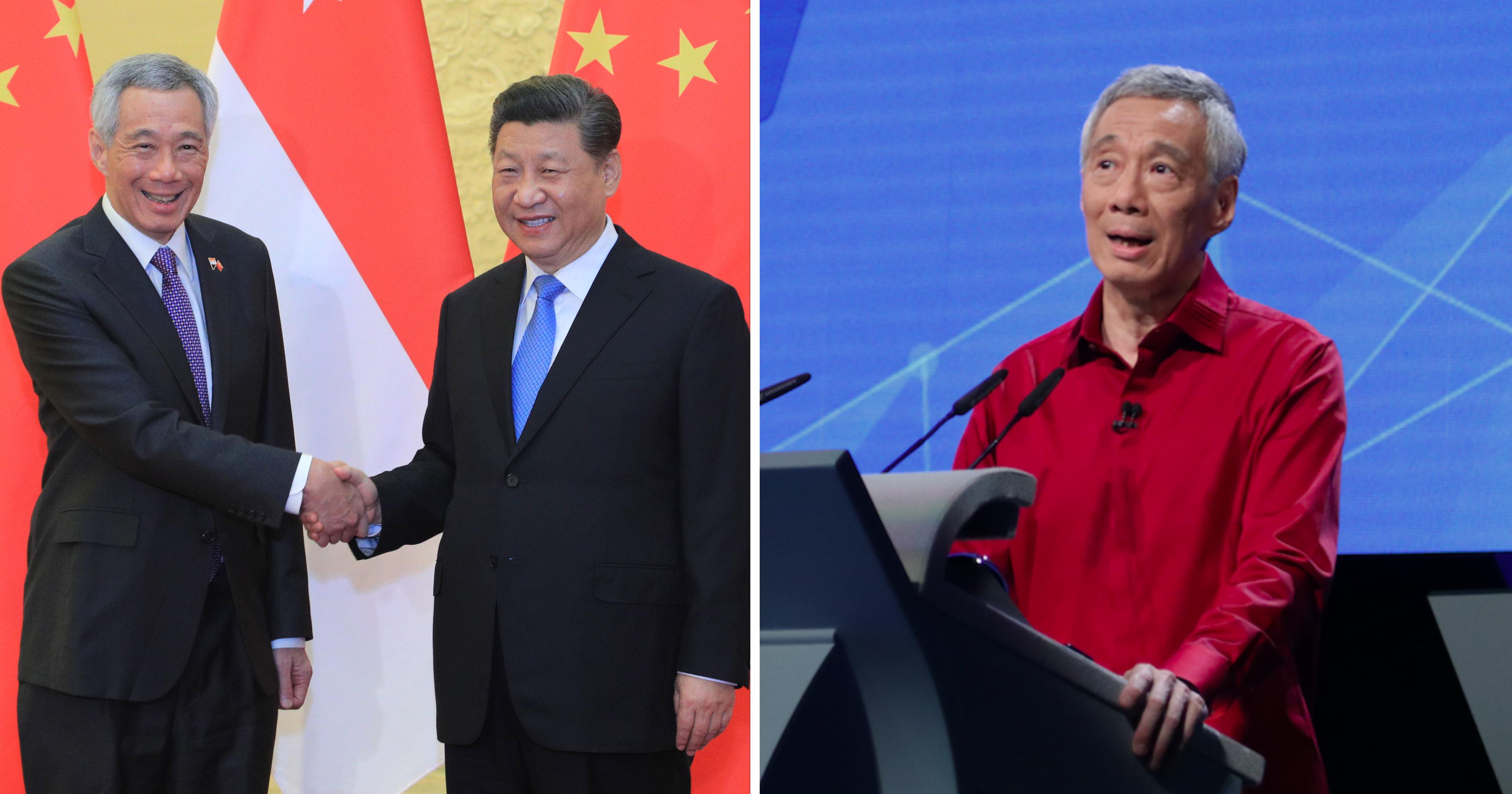In his Chinese speech at the National Day Rally on Aug. 18, 2019, PM Lee Hsien Loong spoke about the history and heritage of Singapore, as well as how U.S.-China tensions might spell trouble for Singapore.
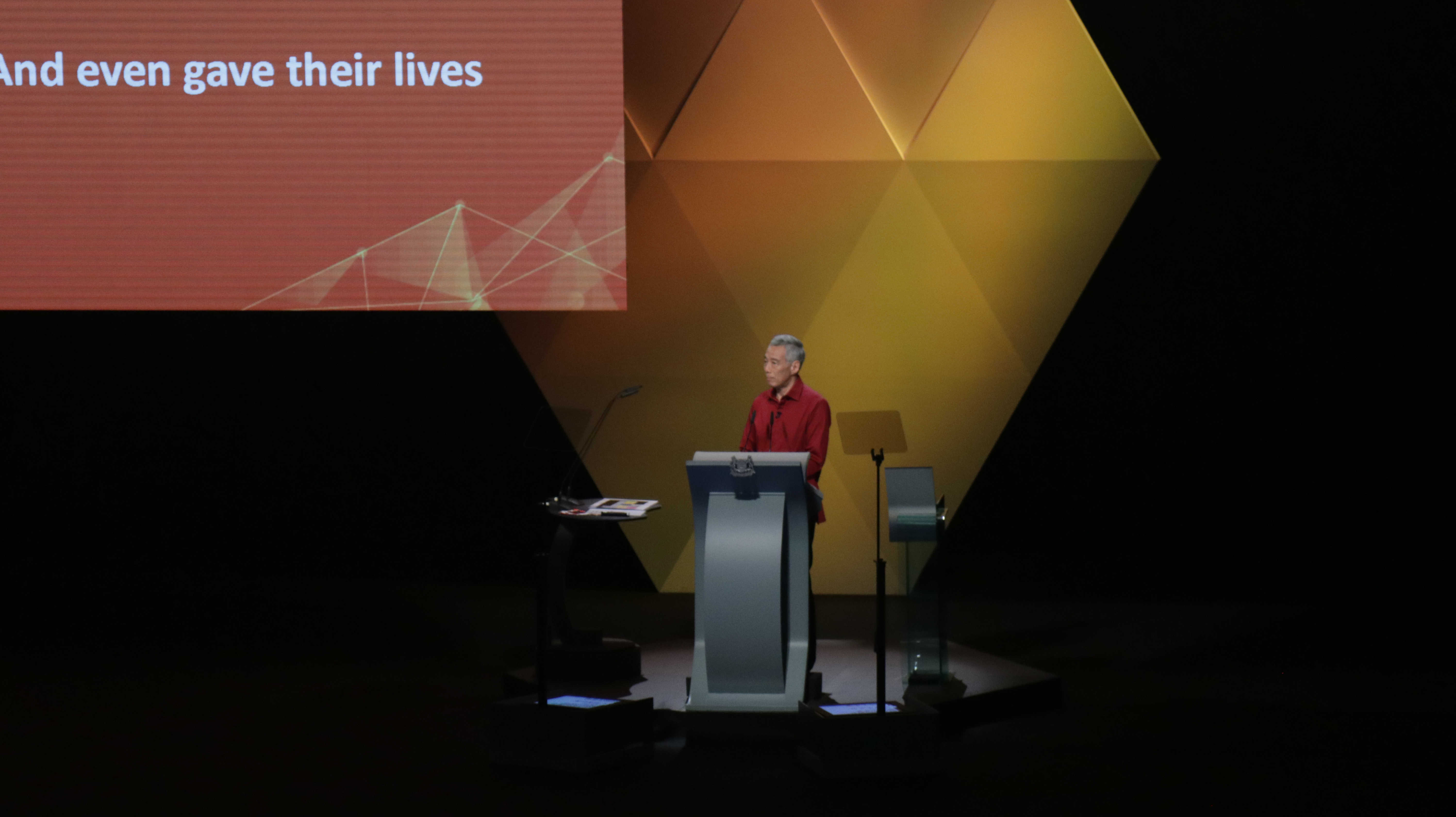 Photo by Rachel Ng
Photo by Rachel Ng
He cited two main challenges: Externally, our relations with China and the United States; and internally, our economy.
However, PM Lee also assured Singaporeans that the government will be able to take these challenges in their stride, as they have done before.
1. Our relations with China and the U.S.
Singapore is currently good friends with both China and the U.S., and wants to remain so.
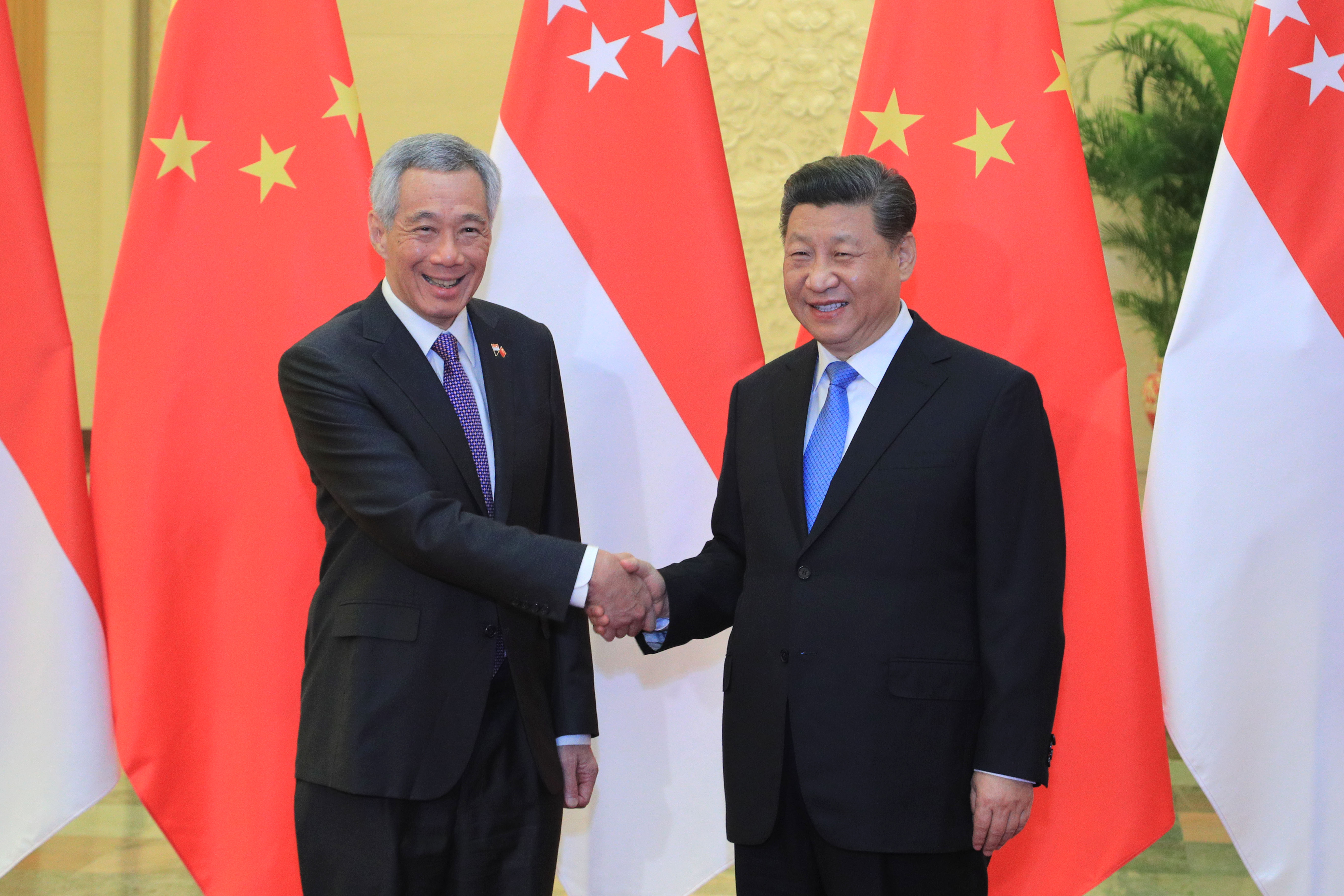 Photo by Ministry of Communications and Information
Photo by Ministry of Communications and Information
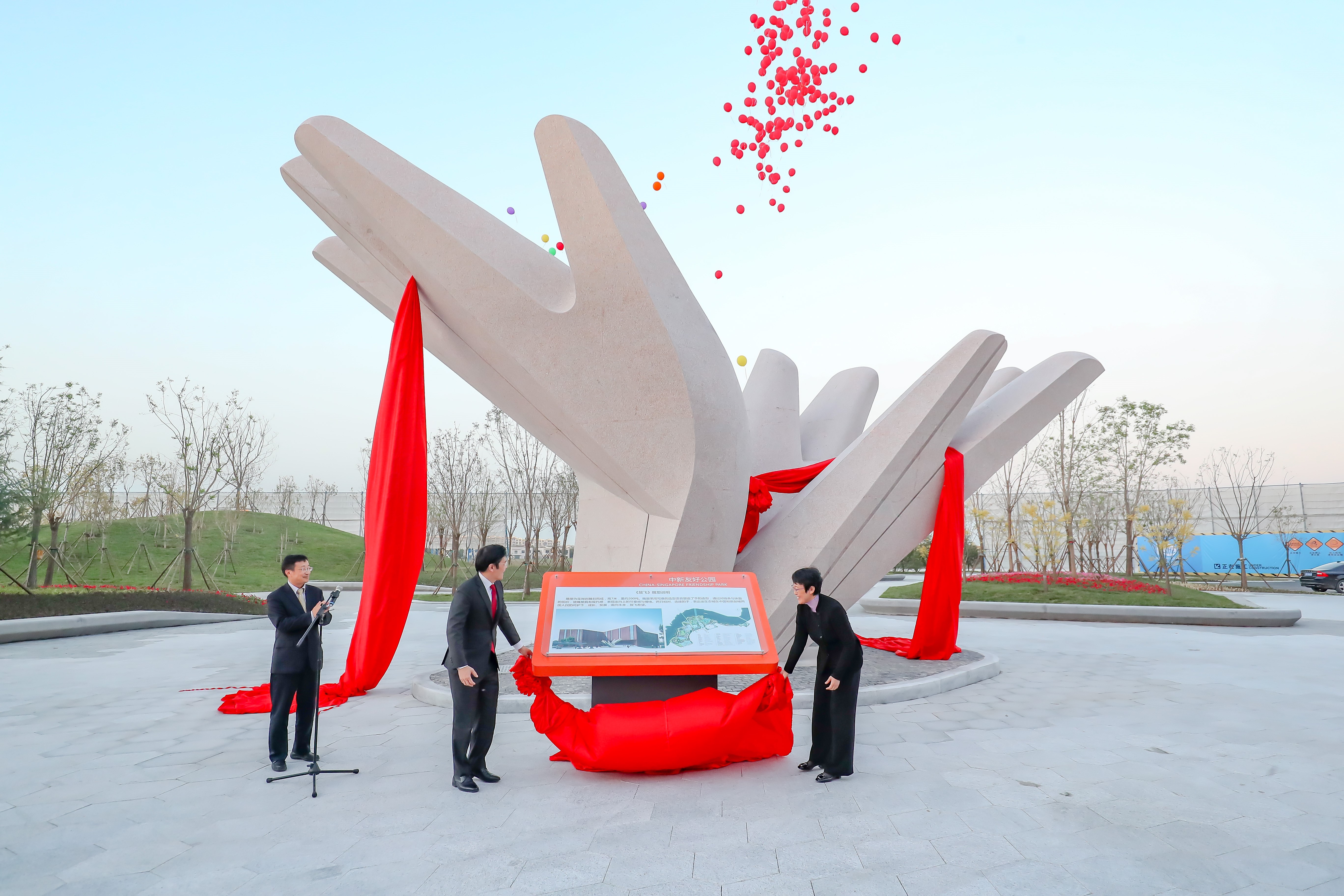 Photo by Ministry of National Development
Photo by Ministry of National Development
The U.S. is a major security partner that Singapore buys advanced military equipment from, and its engagement in the pacific region to safeguard peace and stability translates into security and prosperity.
Additionally the U.S. is also a major economic partner for Singapore.
On the other hand, Singapore similarly has "extensive economic cooperation" with China.
On top of government-to-government initiatives, China is our largest export market, with Singapore companies having a lot of investments there.
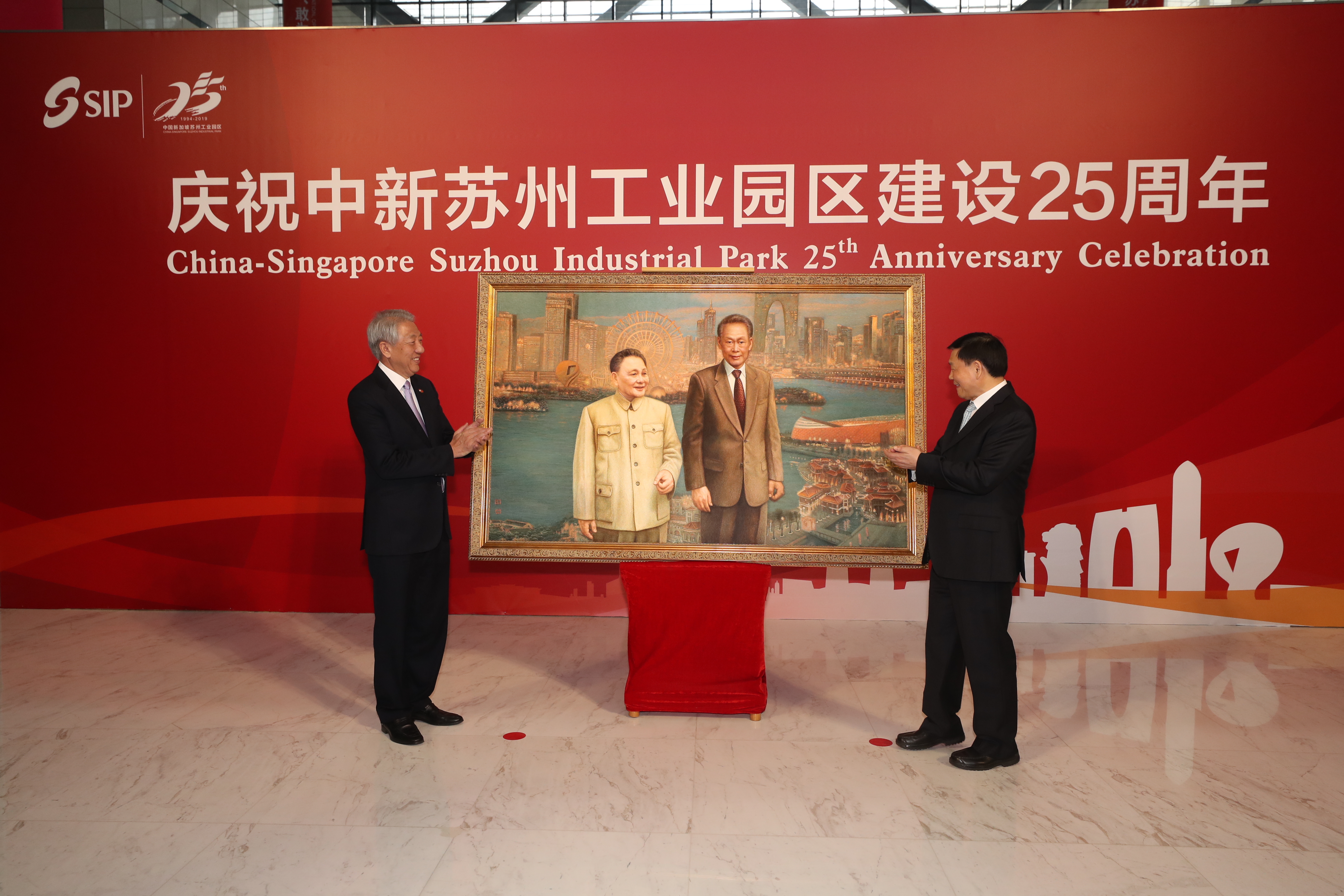 Photo by Ministry of Communications and Information
Photo by Ministry of Communications and Information
The same can be said for Chinese companies in Singapore.
Furthermore, Singapore's shared heritage and culture puts it in a unique position with China.
This helps to deepen our people-to-people ties, thereby fostering good relations for the people to understand and partner each other.
Nonetheless, PM Lee reminded Singaporeans that ultimately as Singaporeans, with our own history and culture, Singaporeans have our own perspectives and political stand on current affairs.
Our stand
Should the two countries remain at odds, it would be difficult to support one over the other, PM Lee.
PM Lee added that Singapore must be "principled", and not be swayed by emotions.
He also said that Singapore will agree with either major power when we can do so.
However, if that is not possible, Singapore should maintain and explain its stand.
2. Our economy
Secondly, the world economy will be negatively affected by US-China tensions.
PM Lee listed the ways:
- Supply chains will be disrupted
- Investments and R&D will be restricted
- People-to-people exchange will be constrained
Using smartphones as an example, PM Lee explained how Singapore will be affected in the globalised world.
Smartphones have many components, which are designed and assembled in different countries.
If the U.S. and China are not allowed to use components from each other, this means that the Chinese and American companies will have to develop their own components, microchips, smartphones, and telecommunications systems.
As a result, Singaporeans going overseas may have to carry multiple phones, as we did many years ago when Japan used the CDMA system while Singapore used the GSM.
Preparing for the future
PM Lee said he believes that the world will continue to "bifurcate" — be divided into two — should the tensions escalate.
With our economic investments with China and the U.S., Singapore's economic growth will be affected.
Additionally, PM Lee said he does not foresee that countries will come to Singapore for manufacturing if China is not an option.
He believes that the companies are more likely to go to countries with a much lower cost base, or countries that are nearer to major markets.
Although these effects will not be immediate, Singapore should start preparing for them now.
Slower economic growth
PM Lee observed that Singapore's economic growth has slowed significantly this year.
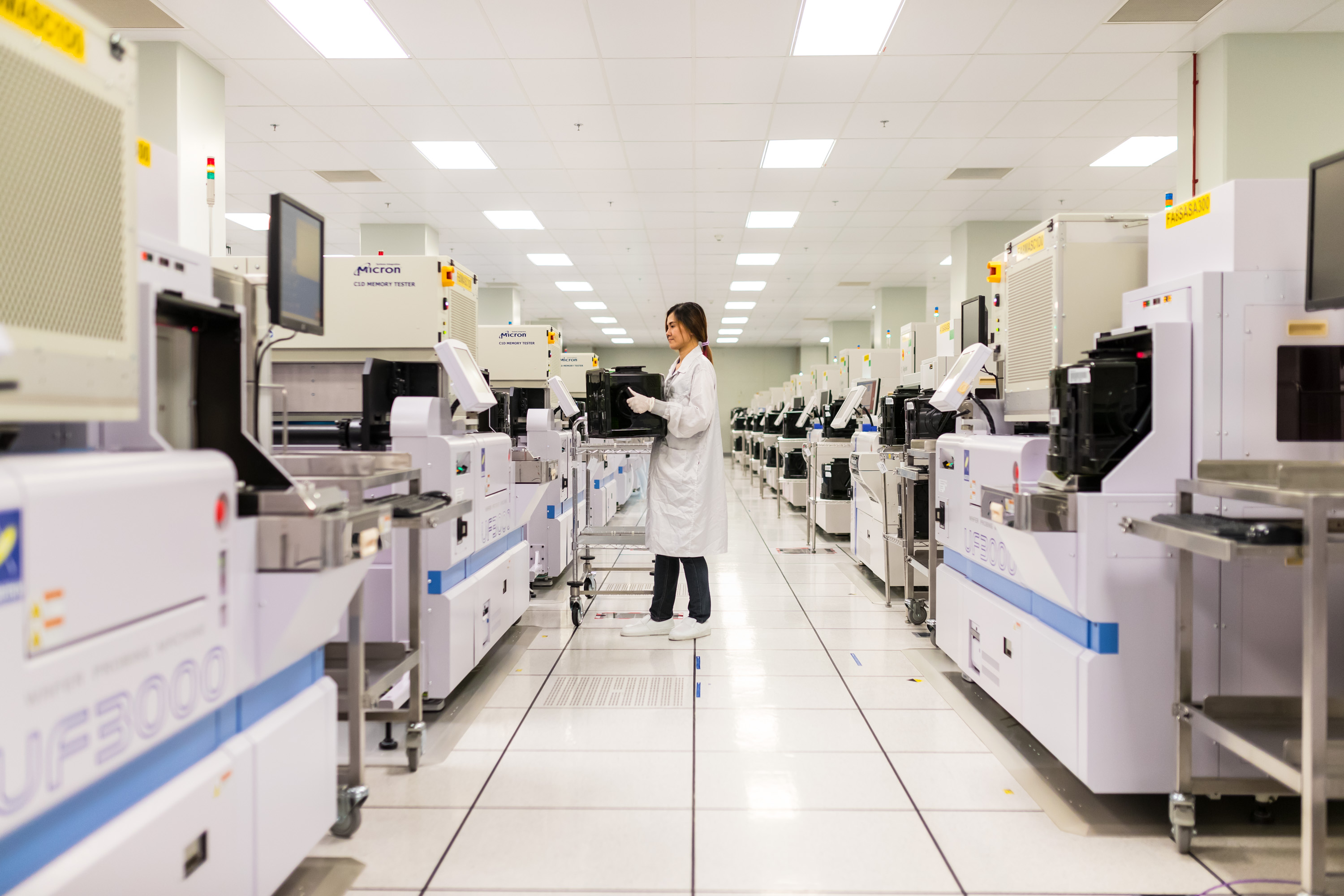 Photo by Micron Technology, Inc. Kelly Ross
Photo by Micron Technology, Inc. Kelly Ross
According to him, this is due to the weakening of global demand and international trade, which affected our manufacturing sector and trade-related services.
This is further compounded due to a slump in electronics as well as a declining retail industry, which faces competition from online shopping.
However, PM Lee assured Singaporeans that retrenchment and unemployment rates remain low.
The government will also take relevant steps should things take a downturn.
Singapore's strengths
But Singapore also has some important strengths, PM Lee said.
For one, Finnish oil company Neste is investing more than S$2 billion to expand its renewable energy plant here.
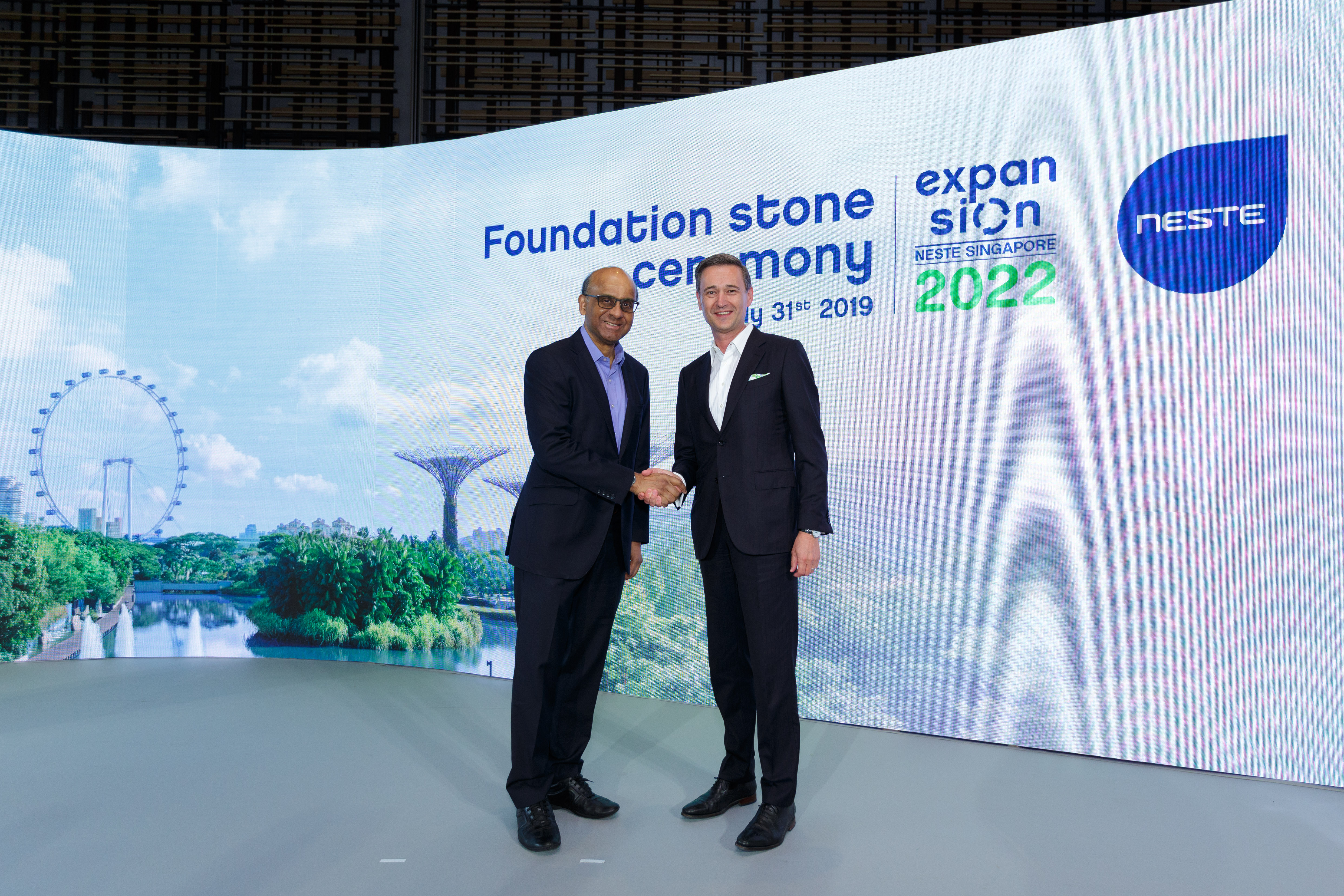 Photo by Neste
Photo by Neste
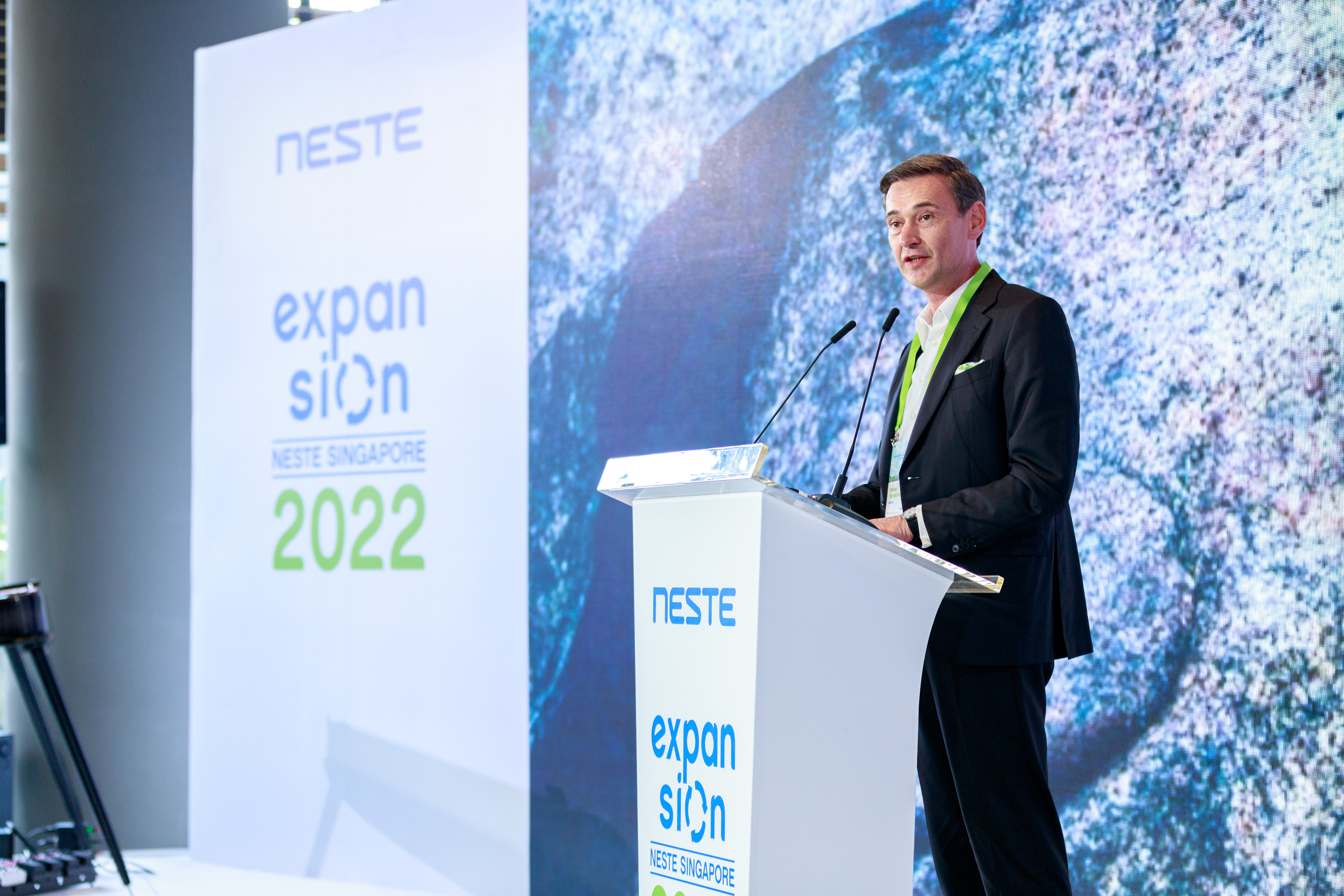 Photo by Neste
Photo by Neste
PM Lee cited the following as reasons for Neste's investment:
- Our excellent geography and business environment
- Our advanced technology, infrastructure and logistics
- Our workforce, which he regards as the best in the world
- A high regard for the Economic Development Board's (EDB) planning and support
This is an indication of the "excellent" reputation Singapore has among investors, PM Lee explained.
PM Lee turned to a homegrown example — Jumbo Group — as another of our strengths.
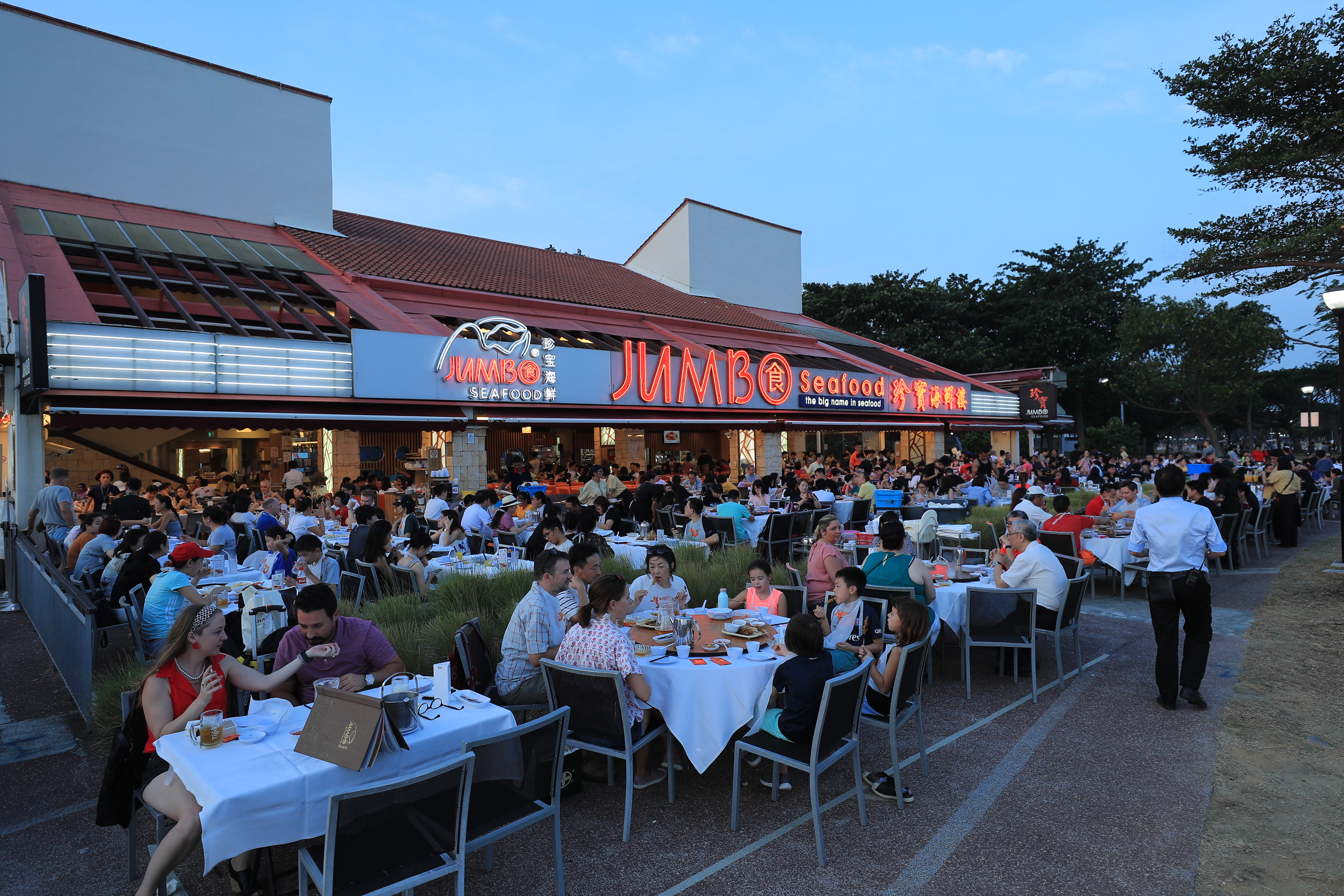 Photo by Ministry of Communications and Information
Photo by Ministry of Communications and Information
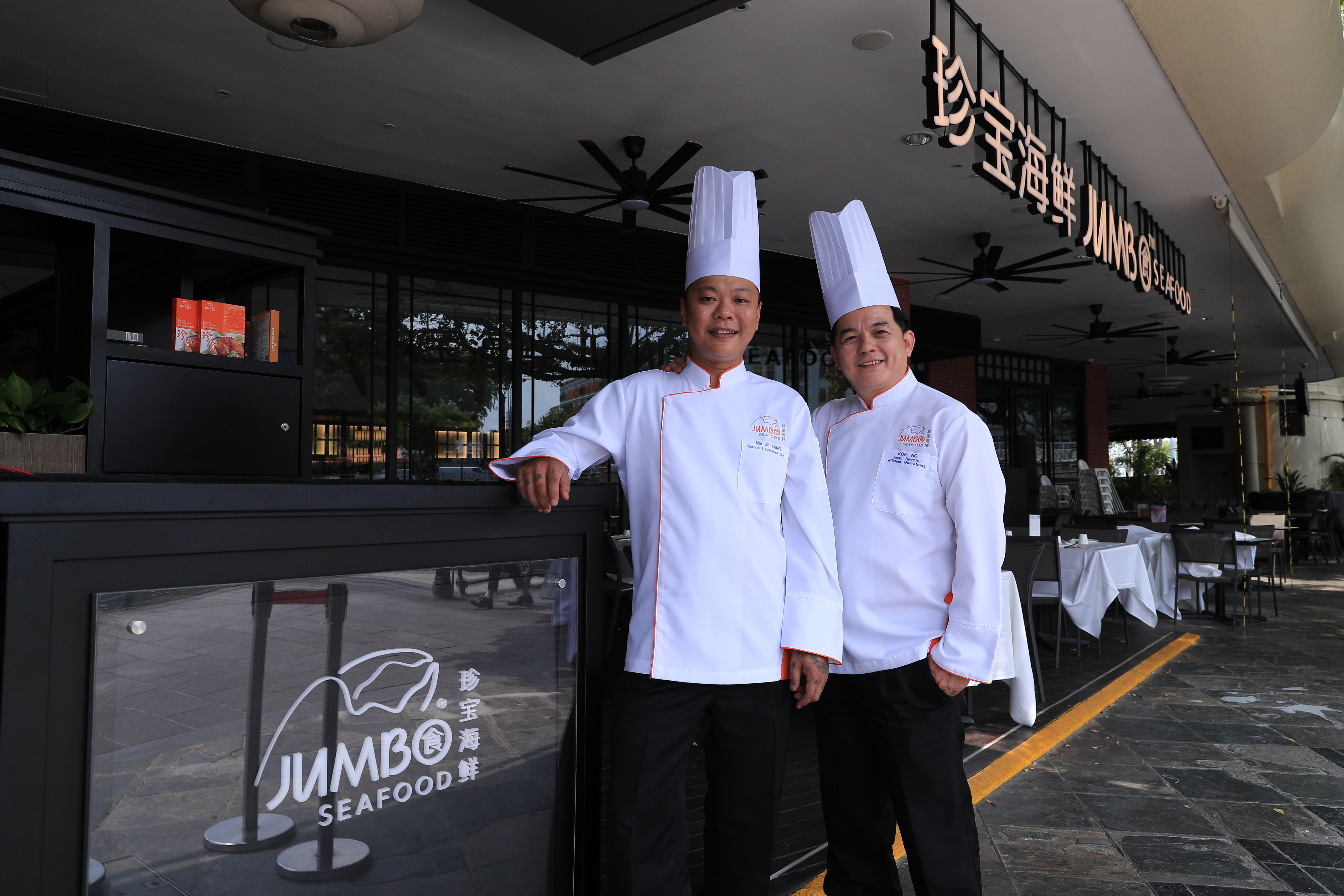 Photo by Ministry of Communications and Information
Photo by Ministry of Communications and Information
The Jumbo Group has 30 years under its belt, and is now a listed company that has expanded overseas.
PM Lee cited the group's emphasis on training its employees and management team as a crucial reason for its success.
He used this opportunity to remind Singaporeans to continually upgrade themselves, and for businesses to "keep transforming, improve their operations, and globalise".
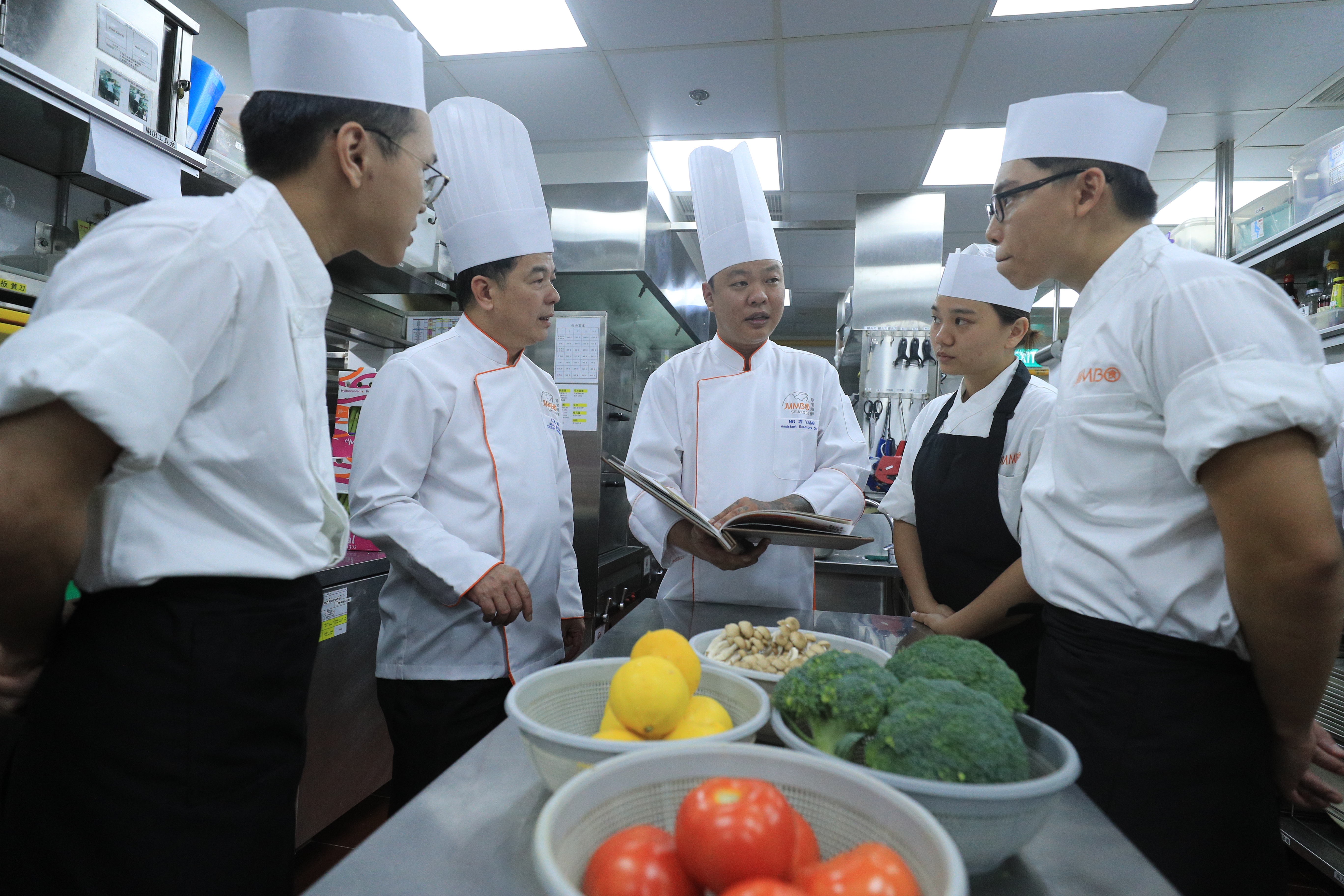 Photo by Ministry of Communications and Information
Photo by Ministry of Communications and Information
PM Lee ended his speech by asking Singaporeans to stay united in the face of an uncertain future, so that Singapore may continue to "shine in the world".
Related article:
Top image by Rachel Ng and Ministry of Communications and Information
If you like what you read, follow us on Facebook, Instagram, Twitter and Telegram to get the latest updates.
